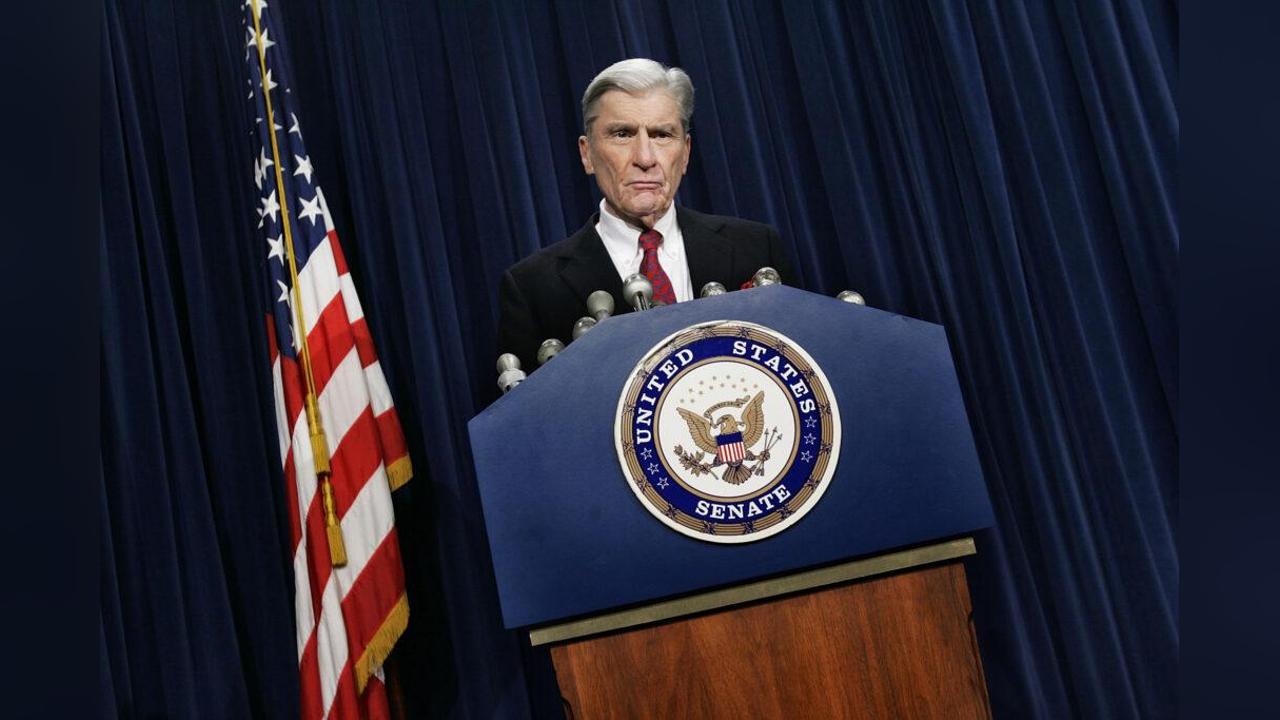Africa-Press – Lesotho. The recent dismissal of more than 20 employees of the US Embassy in Maseru has left a bitter taste on some of the victims, who compare their sacking to a death sentence as they now can’t even get testimonial letters to seek alternative employment.
This follows the dismissal of 28 male employees of the US Embassy in Maseru early this year, for a range of misconduct accusations that seemed to have come from a mobile application group networking by the male staffers of the embassy where they share views and opinions on various issues, not limited to work-related matters.
The dismissed staff now cry foul saying they are now unemployable and living with the stigma of being seen as undesirable employees after accusations such as conducting acts of terrorism and racism.
The employees appreciate that the law says an employer is entitled to dismiss employees based on various reasons and types of dismissals include, but are not limited to, fair, constructive, wrongful and unfair dismissal but the former embassy staffers believe in their case matters were taken overboard.
A source, who is part of the dismissed group, told Public Eye that this act was not only unfair “but also as heartless as a death sentence” for the characters in question lost everything they worked hard for, for many years.
Some even almost lost their entire life contributions and emoluments as they were about to retire next year. The source said among the dismissed staff, there were people who had just began employment with the embassy, having been employed for about five years by the time of their dismissal.
“Looking at the benefits that come with being employed by an international body, especially the US embassy, when one gets a job there it means a lot to them and their families, not to mention their respective reputation in their community,” the source said.
“To be employed at the US embassy, one goes through a serious vetting process that would take up to three months and it includes, among other things, checking how one engages on social media,” the source explained.
He added: “So you realise that securing employment at the embassy is also an achievement in terms of the person’s character because to pass that vetting process it says you are a trusted, reliable and well-mannered citizen, hence being employed there comes with extra perks of being respected in one’s community.
” “Could it be that one WhatsApp message could be so horrible that all the 28 employees present in the group could be dismissed from duty on account of ‘misconduct’?” the source questioned.
“This is a death sentence. These people have families and dependents to support. What kind of cruel act is this of blacklisting citizens of this country in their own homeland?” he asked.
The paper’s findings further reveal that the immoral conduct charge emanated from a WhatsApp group that the male employees formed under the name ‘Molutsoaneng’ in 2018.
The purpose of the group, Public Eye has learned, was to enhance social cohesion between the men working for the embassy, and it was created by one of the employees on his personal phone.
Some of the dismissed staff members joined the group using their work phones provided to them by the US embassy. Nonetheless, the victims are adamant that it could not have been one message and emojies which mainly led to their expulsion.
The US Embassy in Maseru could not react to this paper’s questions this week on circumstances that led to the controversial suspension and termination of the employees’ contracts.
The Public Affairs Officer, John Warner, said: “We are aware of allegations of misconduct at the US Embassy in Lesotho. We are continuing to conduct a thorough investigation and are taking appropriate action based on the findings of the investigations.
” But according to Public Eye findings, the dismissed employees were put on one month paid suspension pending the embassy’s investigations.
Subsequent to the suspension, the employees were served with what they call ‘administration leave letters’ or suspension letters which detailed the alleged misconduct, though these fell short of stipulating suspension timeframes.
The letters also failed to provide a detailed explanation of what the alleged misconduct was all about. “I served the US embassy for almost my entire life; I know the embassy’s code of conduct and terms of reference as per my contract.
But what we were accused of by the US embassy I find it very unfair,” said another source who is similarly a victim of the dismissal. The source further revealed that the US embassy has refused to issue them with references for future employment.
Asked if they could return to work if offered again, the source said they will gladly go back because they still love their job. “The saddest thing ever in this whole thing is that we are now unemployable.
They have destroyed us. The only thing left for us now is to die. Should we die?” sadly quizzed the former employee. The devastated source further said: “What I find most surprising is that the government of Lesotho, international bodies and human rights activists have been tight-lipped about this act.
” Contacted for comment as a human rights advocacy group, Development for Peace Education (DPE) director, Sofonea Shale, said the DPE is not aware of the situation at the US embassy and that this would ordinarily be a labour dispute issue.
“In this case we would expect labour organizations of the said employees to be primarily active on this matter.
We intervene by invitation when particular sectors feel a need for a non-state actor’s intervention. ” Shale said the mandate of DPE is on peaceful resolution of disputes by non-violent means to achieve peace.
“We intervene on matters mainly when relevant stakeholders ask for our intervention when they feel it is needed. That would be stakeholders such as teachers’ associations, labour associations, politicians, government or any other.”
For More News And Analysis About Lesotho Follow Africa-Press






